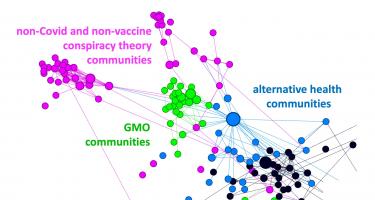
Human brain organoids can transform the study of neurological diseases, ethically
While animal models have paved much of the way to unraveling the biological underpinnings of neurological diseases, the complexities of the human brain are never fully captured by these models.
Mar. 2, 2022






